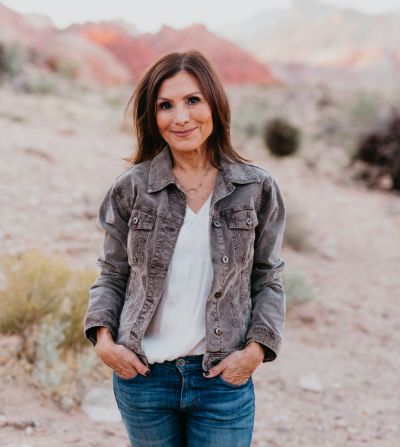by Stephanie Forté
As one of the victims who testified at Charles Barrett’s 2024 trial, I feel compelled to address Reel Rock’s recent blog post. Not only does it fail to acknowledge the real harm they are perpetuating, but it also serves as an example of exactly what not to do when responding to a crisis involving survivors of sexual violence.
Let’s be clear: The outrage over Reel Rock’s decision to feature Thomasina Pidgeon in The Cobra and the Heart is not due to concern about “complex human stories” or “themes of fallibility and forgiveness.” This is about accountability. It’s about understanding how platforming someone who publicly defended a convicted sexual abuser after his conviction sends a message to survivors. And that message is loud and clear: Your pain is secondary to our film.
This isn’t a matter of a “gradual and painful process” of realization for Pidgeon. She wrote a character reference for Barrett, not before his trial but after he was convicted of two counts of aggravated sexual abuse and one count of abusive sexual contact. This wasn’t an abstract accusation. It wasn’t a case of “he said, she said.” It was a conviction in a court of law based on overwhelming evidence and survivor testimony—including mine.
And yet, despite everything, she used her voice to advocate for him.
Only after public outrage did Pidgeon issue an apology on Instagram. Her response appears more about saving face than taking real accountability. Yet Reel Rock has chosen to amplify her voice while the voices of those she discredited, the real victims, remain ignored.
Now, Reel Rock is using its platform to rehabilitate her image while the victims she undermined are left to deal with the consequences.
Reel Rock’s response sidesteps responsibility, cloaking it in vague language about “growth” and “learning” while avoiding the fundamental issue: why did they choose to elevate someone who actively undermined victims of sexual violence?
As a PR professional with nearly 30 years of experience, I am stunned at how poorly Reel Rock has handled this. If their goal was to engage in an “important conversation,” they have failed at every turn. Here’s why:
???? They center their own discomfort rather than survivor impact. Phrases like “It pains us to know…” and “We take these concerns seriously” are performative. Pain is losing your safety, your livelihood, and your peace of mind after being sexually assaulted and then publicly harassed and repeatedly threatened by your abuser. Pain is reliving trauma while watching a major platform uplift someone who defended your abuser. Reel Rock’s “pain” is a PR crisis of their own making.
???? They absolve themselves of responsibility. By saying, “Our film does not involve Charlie Barrett or address issues of abuse in any way,” they attempt to distance themselves from the reality that they are amplifying someone who publicly defended a convicted sexual abuser. That is addressing issues of abuse—just in the worst way possible.
???? They frame Pidgeon’s actions as a “mistake” rather than a choice. Writing a character reference for someone convicted of aggravated sexual abuse and abusive sexual contact and whose decades of terrorizing and abusing women were outlined in a 12,000-word investigative piece isn’t an innocent misstep—it’s a conscious decision that has real-world consequences for survivors. She wasn’t deceived; she actively dismissed the voices of those Barrett harmed.
???? They refuse to take action. A real commitment to accountability would mean acknowledging their mistake and making changes—not just releasing a statement full of vague platitudes. If Reel Rock really “stands with survivors,” they must show it. That means either removing Pidgeon from the film or explaining why they think featuring her is worth further harming survivors.
At the end of their statement, Reel Rock thanks survivors for “making them more aware” and “demanding change.” But what change are they actually making? So far, none. Instead, they ask survivors to accept harm in the name of “complex storytelling.”
I refuse to accept that. And any platform that supports survivors should refuse as well.
—Stephanie Forté
